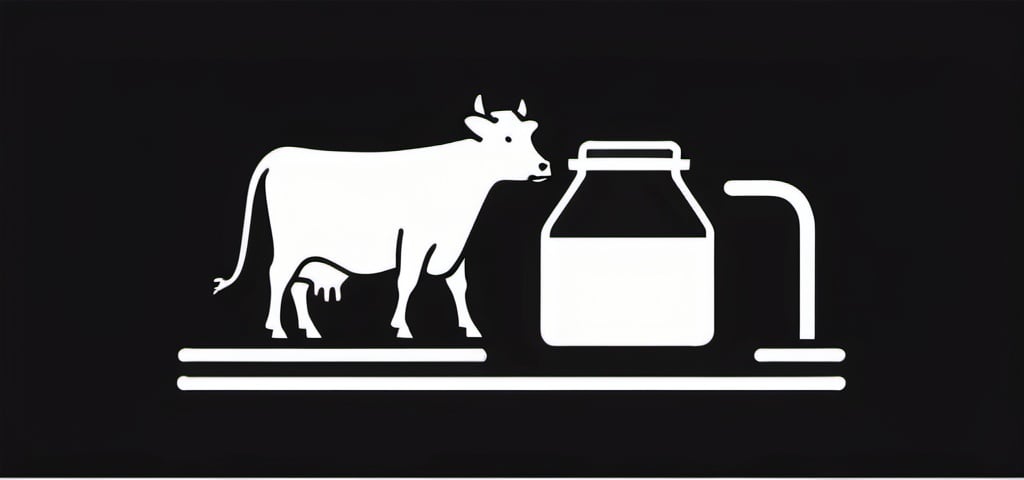Don’t cry over split cheap milk
Proof that even I can give a speech.

Aldi belongs in Tasmania and not just to bring grocery prices down.
Tasmanians are used to hearing “you don’t have that.”
We don’t have Aldi. We have delayed access to essential services. We don’t have mainland-sized infrastructure.
We do have is a cost of doing business, which is the Bass Straight.
When it comes to national investment, Tasmania’s treated like the weird cousin at Christmas dinner. Everyone’s polite, but no one invites us to the grown-ups’ table.
So let’s talk about Aldi. Yes, the supermarket. And no, this isn’t just about knocking 50 cents off a tin of tomatoes (although that helps too). This is about what Aldi’s absence says about Tasmania—and what its presence could help fix.
Tasmania Isn’t Exotic. It’s Underserved. There’s this lazy idea that Tasmania is somehow too small, too far, or too different for big national players to bother with. But that’s not true.
We’ve got over half a million people. A bigger population than Darwin, which is closer to the main Aussie population centres too.
We have cities, suburbs, industrial zones, growing commuter belts, and a hungry population dealing with the highest grocery costs in the country.
Aldi operates in country towns in Victoria. It’s in regional Queensland. It’s expanded into Western Australia, arguably a bigger logistical nightmare than anything Bass Strait can throw at you. And yet here we are, still waiting.
And while we wait, Coles and Woolworths rake in billion-dollar profits, protected by a duopoly that has no real challenger here. And who can blame them? They’ve invested, so they reap the rewards.
More Than Just Price: It’s a Vote of Confidence
Yes, Aldi would bring down prices. Competition always does. That’s why the ACCC recently looked at supermarket concentration and confirmed what we already knew: there’s not enough of it.
But this is about something bigger.
It’s about confidence. It’s about sending a clear message, to business, to government, to investors, that Tasmania isn’t a charity case. We’re not a boutique experiment. We are part of Australia. The same rules and opportunities should apply here as they do in Wagga, Geelong or Logan.
If Aldi can make it work here, and they absolutely can, then what’s stopping anyone else?
Fast food chains, tech firms, renewable energy companies, even national childcare providers: they all take their cues from precedent. If one major company breaks through, others take notice. Aldi in Tasmania isn’t just a new grocery option. It’s a powerful signal.
Integration, not isolation
What Tasmania needs isn’t a handout or “special status.” It needs full integration into the Australian economic heartland. That means fair freight subsidies. Fair access to markets. Fair treatment when it comes to national rollout plans.
We don’t need to be “unique.” We need to be normal. And normal, in modern Australia, means having options. It means being part of the economic conversation, not an afterthought.
So What Are We Waiting For?
Aldi’s arrival would do more than shake up the supermarket shelves. It would help normalise the idea that Tasmania is a place to do business, on the same terms as everyone else. And once that idea takes hold, things start to shift. Investment flows. Wages rise. Confidence grows.
Metcash and IGA say it’s unfair. Of course they do. They benefit from the lack of competition. But the real question is: what’s fair for Tasmanians?
Fair is having the same choice and quality that people on the mainland enjoy. Fair is putting pressure on Coles and Woolworths to sharpen their pencils. Fair is removing the perception that Tasmania is “too hard.”
Bringing Aldi to Tasmania is not a gimmick, but as a crucial first step in ending the economic isolation that has held this state back for too long.
Competition begets greatness.
For Tasmania, greatness looks like cheaper milk for the consumer and better prices for our farmers.
Comments are for subscribers only